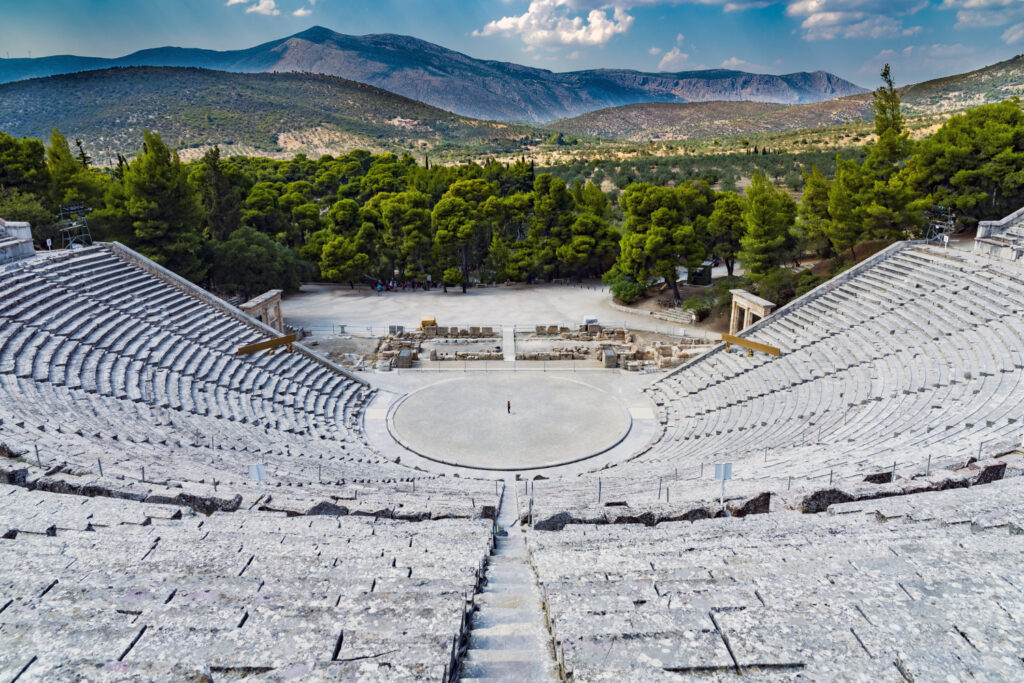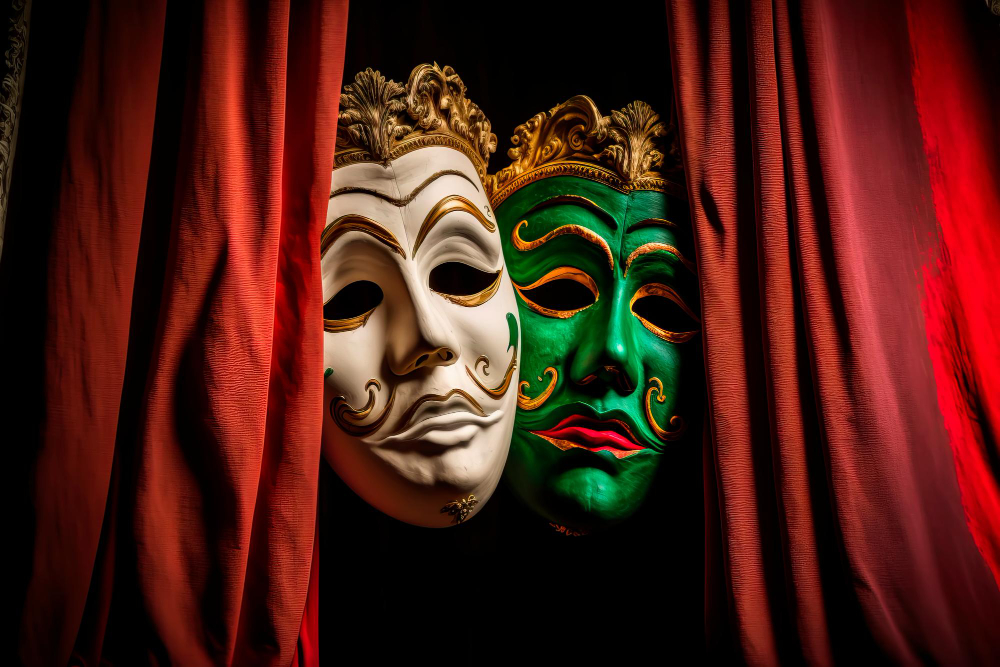
The Enduring Legacy of Ancient Greek Theatre
When it comes to the history of theatre, the ancient Greeks are often hailed as the beginning of Western theatre traditions. But why is this so? What sets Greek theatre apart from other ancient cultures, and what elements from their theatrical productions do we still see in theatre today?
The Distinctive Nature of Greek Theatre
Greek theatre emerged in Athens in the 5th century BCE, and it quickly became a popular form of entertainment and artistic expression. Unlike many other cultures at the time, the Greeks placed a high value on individualism, democracy, and free expression. This cultural context contributed to the distinctive nature of Greek theatre.
One of the defining features of Greek theatre was its use of masks, elaborate costumes, and complex plots that often explored human relationships, political issues, and philosophical themes. The Greeks also introduced the concept of the “trilogy,” a series of three plays that were thematically linked and performed together in one day.
Enduring Elements of Ancient Greek Theatre
Despite the fact that Greek theatre emerged over two thousand years ago, we still see elements of it in theatre today. For example:
- The Three-Act Structure: Greek theatre was divided into three parts, which included the prologue, the main action, and the exodus. This structure continues to be used in modern theatre.
- The Use of Chorus: The Greek chorus was a group of performers who provided commentary on the action of the play. This tradition continues in modern theatre, where ensemble casts are often used to provide a collective voice.
- The Exploration of Complex Themes: Greek theatre was known for its exploration of complex themes, such as morality, justice, and the relationship between humans and the gods. These themes continue to be explored in theatre today.
Why We Should Continue to Value Greek Theatre
The enduring legacy of Greek theatre is a testament to the power of the art form. By exploring complex themes through dramatic performance, the Greeks were able to engage with the world around them in a unique and meaningful way. This legacy continues to inspire modern theatre artists, and it reminds us of the importance of using theatre as a means of artistic expression, social commentary, and entertainment.
The ancient Greeks are rightly considered the beginning of Western theatre traditions. Their innovative use of masks, elaborate costumes, and complex plots, as well as their exploration of complex themes, continue to influence theatre artists today. As we continue to value and appreciate the contributions of the ancient Greeks to theatre and the arts, we are reminded of the enduring power of theatre to engage, inspire, and entertain.






